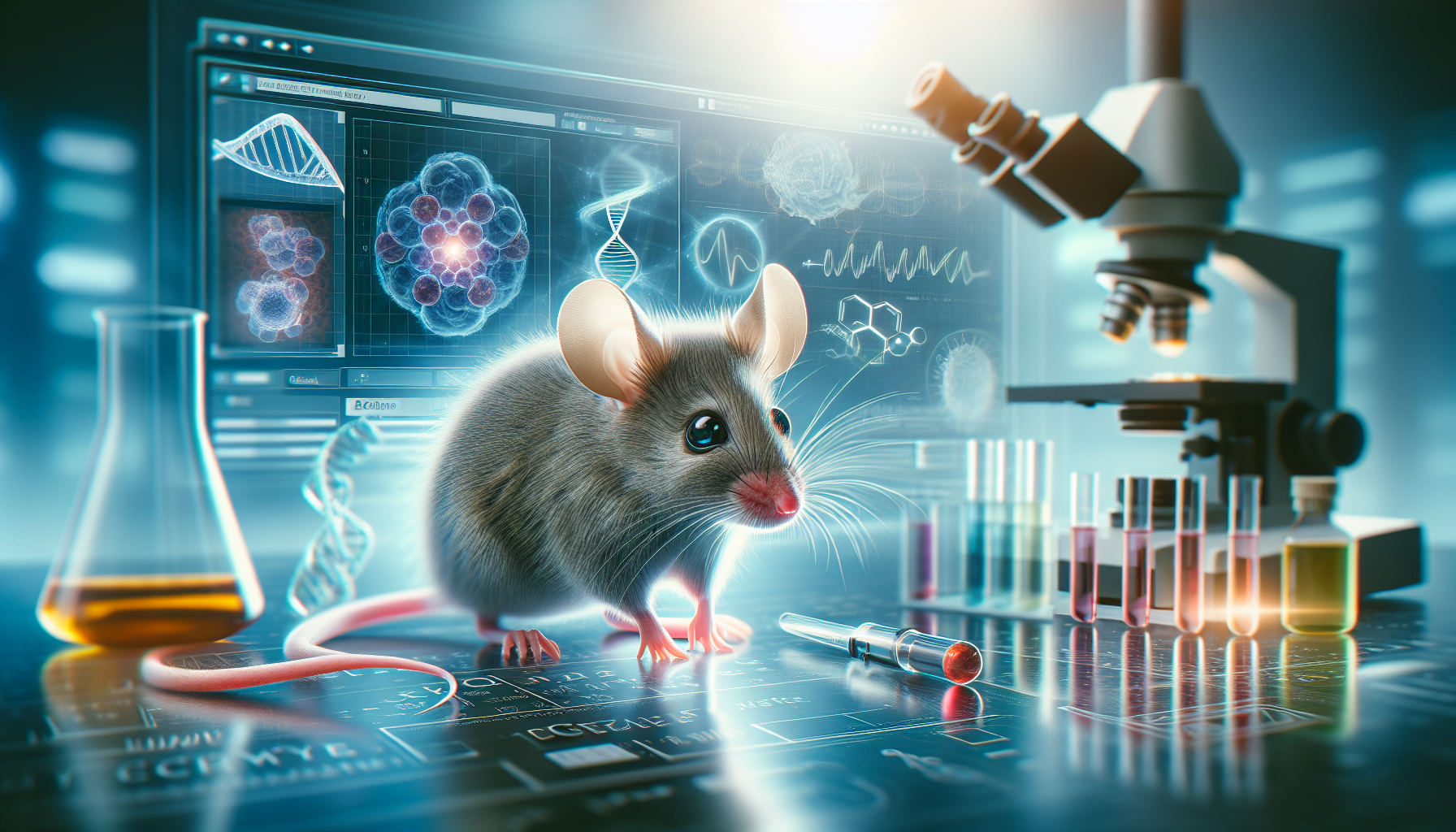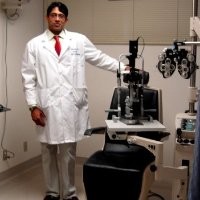A groundbreaking study conducted by the USC Stem Cell laboratory of Dr. Ksenia Gnedeva, has found that the same genes could be instrumental in regenerating cells in both the ear and the eye. This research, which was carried out on mice, has been recently published in the Proceedings of the National Academy of Sciences (PNAS).
Dr. Gnedeva, an assistant professor in the USC Tina and Rick Caruso Department of Otolaryngology — Head and Neck Surgery, and the Department of Stem Cell Biology and Regenerative Medicine at the Keck School of Medicine of USC, stated that understanding the genes that impede the regeneration process could be crucial in developing treatments to restore hearing and vision.
The study focused on a group of genes known as the Hippo pathway. This pathway acts as a “stop growing” signal, inhibiting cell proliferation in the ear during embryonic development. The researchers have shown that this same pathway suppresses the regeneration of damaged sensory receptors in the adult mice’s ear and eye.
The team utilized a compound they had previously developed to inhibit a key protein in the Hippo pathway: Lats1/2. When the progenitor cells, known as supporting cells, were exposed to this compound in a lab setting, they began to proliferate in the utricle, an organ in the inner ear that aids with balance. However, these cells did not respond similarly in the organ of Corti, which is responsible for hearing.
The research team then identified the inhibitor blocking this essential step towards sensory cell regeneration in the organ of Corti – a gene encoding a protein known as p27Kip1. They found that this inhibitory protein was also present in high levels in the retina. To investigate further, they created a transgenic mouse, in which the level of p27Kip1 could be reduced in the inner ear and retina.
The results were promising: inhibiting the Hippo pathway led to the proliferation of supporting cells in the organ of Corti, a significant step towards the regeneration of the ear’s sensory cells. In the retina, the same inhibition induced the proliferation of progenitor cells known as Müller glia. Interestingly, without further manipulation, some of these Müller glia progeny converted to sensory photoreceptors and other neuronal cell types in the retina.
Dr. Gnedeva stated that a possible approach could be using a drug-like compound to inhibit the Hippo pathway and promote regeneration in the ear and eye following injury when p27Kip1 levels drop. Alternatively, it could be feasible to develop another compound to reduce p27Kip1 levels. This research has identified potential new targets for stimulating the regeneration of both hearing and vision.
This significant study was backed by federal funding from the National Institutes of Health’s National Institute on Deafness and Other Communication Disorders. Dr. Gnedeva is a co-inventor on three patent applications related to this work, further underlining the groundbreaking nature of this research.


Comments are closed for this post.